Discharge of Tax Debt in a Personal Bankruptcy
Benjamin Franklin famously said that nothing is certain but death and taxes. However, income taxes can be wiped out (discharged) in a personal Chapter 7 or Chapter 13 bankruptcy if certain requirements are met. If you have been struggling with tax debt, you should have an attorney from the Beirne Law Firm, California Center for Bankruptcy Law, or AP review your situation to see if your income tax debt can be discharged.
What are the rules for getting a discharge of tax debt? First, there must be income taxes. If they are for payroll taxes owed by you as an employer, they can’t be discharged. The taxes must have been due for at least three years. For instance, if you got an extension to file your 2009 taxes until October 15, 2010, then the three-year rule would have been satisfied on October 15, 2013. Another requirement is that you actually filed a return at least two years before the filing of the bankruptcy petition. Also, the taxes must have been assessed by the IRS at least 240 days before the filing of the bankruptcy petition. Events such as a previous bankruptcy or an offer in compromise can “stop the clock” from running on these time periods. If you had attempted an offer in compromise with the IRS and it was denied, then the time periods would be stopped while your offer was being considered plus 30 days from the date of the denial.
In a recent case, my office filed a petition in Chapter 7 that allowed the client to wipe out $200,000 in back taxes, interest, and penalties. The client’s taxes met the criteria above, and she was able to get a huge relief from crushing tax debt.
The California Center for Bankruptcy Law has helped many people with their tax debt. Have an experienced bankruptcy attorney review your tax and other debt situation so that you know what relief is available for you. You may get the fresh start that you need.
The California Center for Bankruptcy Law, AP, is a debt relief agency pursuant to Federal Law §524 of Title 11 of the U.S. Code. We provide legal assistance and help people file for bankruptcy relief under the Bankruptcy Code.

